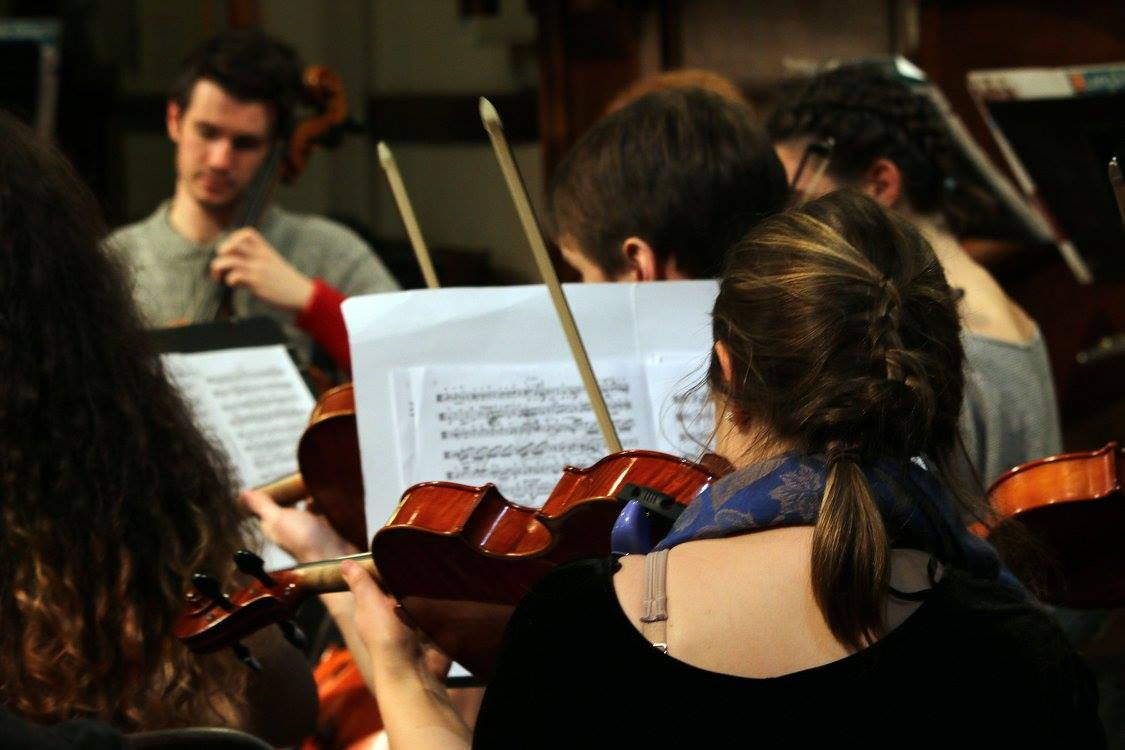Support strong Canadian climate journalism for 2025
Lily Barraclough’s research shows that when young people lead, their climate grief eases.
This 24-year-old Dalhousie student used her master’s thesis to explore the emotional responses of politically active youth across Mi’kma’ki (Atlantic provinces, Gaspé Peninsula and the northeastern region of Maine) to the climate crisis.
While climate and eco-grief and anxiety are endemic and burnout is a significant issue, her research also reveals that when youth are in leadership and promoting change, they tend to be more resilient.
Barraclough is also a 2021 Starfish Canada’s Top 25 Environmentalists Under 25.
This piece is part of a series of profiles highlighting young people across the country who are addressing the climate crisis. These extraordinary humans give me hope. I write these stories to pay it forward.

Tell us about your research.
I interviewed 20 people aged 12 to 29 who are engaged in promoting sustainability in some active way. I asked them about their motivations for engaging with the climate crisis, how they learned about it, how they felt about it and how they processed those emotions. Workshops encouraged participants to describe how climate change looked, felt, smelled, tasted and sounded.
Participants told us they are afraid for their futures and sad about all that is already lost, but because it feels so urgent, rarely reflect on their own experiences. They just keep pushing, so they too often burn out or suffer other mental health impacts.
Many feel isolated as they understand more than their peers or are squeezed between the urgency of the crisis and family and peer pressure to get the education needed for a well-paying job. Young new immigrants talked of their grief as their homelands are underwater much of the year or rendered unlivable by drought.
Everyone told us they fear the loss of the beauty of the natural world and are inspired by activities like the student climate strikes. They want to make change for both themselves and future generations. They are motivated as much by love as by fear.
What does your research reveal about antidotes?
The world needs young people to become and remain engaged. We must educate children early about colonization as a cause of climate change; the impacts of climate change caused loss and damage. But we must also help them to dream of a better world and encourage them to design and implement their preferred solutions.
Agency is the antidote to despair. Learning and acting in classrooms, clubs and groups alleviate loneliness. Today’s children will spend their entire lives contending with climate change. We have to teach them how to collaborate as part of a diverse group.
I play the viola with an orchestra. A drummer and I might each have small parts, play at separate times and sound very different, but together we make beautiful music.
Participants also told us sharing food and fun reduces isolation. Outdoor activities provide morale-boosting exercise and remind them why they work so hard. Engaging in zero-waste projects, secondhand clothing shopping, gardening or beach cleanups provide immediacy, which helps build resilience.

How has this research affected you personally?
It is hard to see the pain and fear, but I have integrated some of their wisdom into my own life. For example, I am part of a project of Waterlution called “The Cautious Optimist” that encourages participants to learn new skills each month to better equip us for the coming climate apocalypse.
I designed and built a hugelkultur garden growing food with very little water and not much soil. My zucchinis, beans and other produce were so healthy that many of my neighbours have asked for help creating this themselves.
I grew food, learned valuable skills and built community, all of which helped me remain resilient.
How did you get drawn into this work?
When I was in kindergarten in Toronto, our entire school created a large “No idling” banner. My contribution was small — to paint one shoe on one of the figures — but the project attracted a lot of public attention. We all felt our voices were heard and our contributions valued. My two lesbian mothers and biological father prioritized speaking up for human rights and caring for others.
In high school, I participated in lots of environmental projects but felt isolated from other students, many of whom thought I was weird. But the People’s Climate March in 2015 showed me I was part of a huge community. Since then, I have felt empowered to press Halifax city council to set emission reduction targets, set up a standing youth advisory committee, and run for political office.

What advice would you give to other young people?
We are seeing changes — just not yet fast enough. You and I are not alone. Every small act does matter and wherever you engage is the right place for you.
What would you like to say to older people?
It is great to let young people know you believe in them, but please don’t stop there. We need you to act, too. Check in with the young people in your life — it is easy for them to feel alone. Let them know you have their backs and ask them what support they need.





Comments